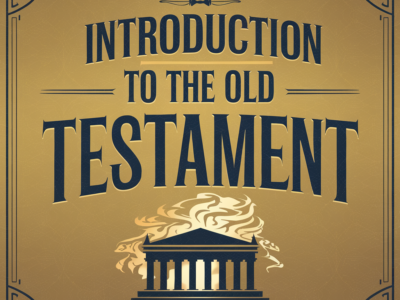Mission and Evangelism
This course offers an in-depth study of the theological, historical, and practical aspects of Christian mission and evangelism. It aims to equip participants with the skills and spiritual disciplines necessary to share the Gospel effectively, disciple others, and foster sustainable …
Overview
This course offers an in-depth study of the theological, historical, and practical aspects of Christian mission and evangelism. It aims to equip participants with the skills and spiritual disciplines necessary to share the Gospel effectively, disciple others, and foster sustainable church growth. The program combines theoretical instruction with hands-on projects, enabling students to apply learned concepts in real-world settings.
Certification
Participants who successfully complete the course will receive a Certificate in Mission and Evangelism, demonstrating their competence in biblical evangelism, cross-cultural ministry, and strategic mission planning.
Course Objectives
- Understand Biblical Foundations: Explore the scriptural mandates for mission and evangelism across both Testaments.
- Differentiate Roles: Distinguish between mission and evangelism and their contributions to church growth.
- Develop Practical Skills: Gain expertise in various methods of evangelism, including digital, lifestyle, and open-air approaches.
- Plan Mission Strategies: Learn to design and execute mission trips and sustainable church-planting initiatives.
- Cultivate Spiritual Disciplines: Strengthen personal piety and reliance on the Holy Spirit for effective ministry.
Learning Outcomes
Upon successful completion, participants will be able to:
- Articulate the biblical and theological basis for mission and evangelism.
- Plan and implement diverse evangelistic strategies suited to different cultural contexts.
- Employ innovative methods, including digital evangelism, to expand outreach efforts.
- Execute mission trips and projects with clear objectives, logistics, and measurable outcomes.
- Demonstrate growth in spiritual maturity and the ability to inspire others in evangelistic endeavors.
Curriculum
Curriculum
- 7 Sections
- 12 Lessons
- 10 Weeks
- Module 1: Theological Foundations of Mission and EvangelismIntroduction to the biblical mandate for mission and evangelism, exploring scriptural imperatives from both the Old and New Testaments. The following topics will be covered in this module: Biblical Basis of Mission and The Role of Discipleship in Evangelism3
- Module 2: The Heart of the EvangelistExploring the character and life of an evangelist, focusing on personal piety, spiritual gifts, and the role of the Holy Spirit in evangelism. The module covers the following topics: Characteristics of an Evangelist and The Work of the Holy Spirit in Evangelism. Readings: “Evangelism by Fire” by Reinhard Bonnke. Related Bible verses: Galatians 5:22-23, Acts 1:8.2
- Module 3: Methods of EvangelismPractical exploration of various evangelism methods, assessing their effectiveness in different cultural and social contexts. The topics to be covered are; Conventional Methods and Innovative Methods3
- Module 4: Mission Strategies and PlanningLearning to design and implement effective mission strategies that result in church planting and growth. Topics to be covered are; Planning Mission Trips and Long-term Impact. Assignment: Draft a proposal for a mission trip, including objectives, strategies, budget, and expected outcomes.2
- Module 5: Evangelism in the Modern WorldAddressing challenges and opportunities for evangelism in a globalized and digital age. The topics to be covered are; Digital Evangelism and Cross-cultural Evangelism Case Study: Analyze a successful digital evangelism campaign.2
- Module 6: Field Project and Practical ApplicationStudents will engage in a supervised evangelism project that allows them to apply learned concepts in a real-world context.2
- Final Exam1






